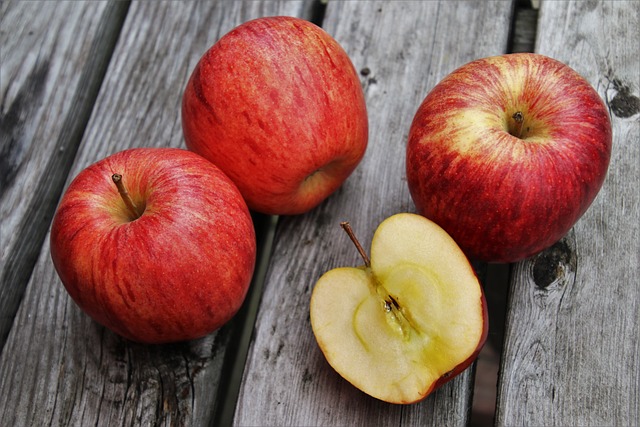The Ultimate Guide to Harnessing the Power of Probiotics for Gut Health
The human gut is home to trillions of microorganisms, including both beneficial and harmful bacteria. Maintaining a healthy balance of these
bacteria is crucial for optimal gut health and overall well-being. One way to support this balance is by incorporating probiotics into your
diet. Probiotics are live microorganisms that confer health benefits when consumed in adequate amounts. In this article, we will delve into
the world of probiotics and explore how they can improve your gut health.
What Are Probiotics?
Probiotics are live bacteria and yeasts that are beneficial to the human body, particularly the gut. They are commonly referred to as
“friendly” or “good” bacteria. You can find probiotics in fermented foods like yogurt, kefir, sauerkraut, and kimchi. They can also be taken
as dietary supplements.
The Role of Probiotics in Gut Health
The gut microbiota plays a vital role in maintaining a healthy digestive system. Probiotics help restore and maintain a balanced gut
microbiota by promoting the growth of beneficial bacteria while inhibiting the growth of harmful bacteria. They contribute to a healthy
digestive process, nutrient absorption, and immune system function.
Moreover, probiotics produce short-chain fatty acids, such as butyrate, which nourishes the cells lining the gut. This helps strengthen the
intestinal barrier and reduces the risk of inflammation and infection. Probiotics also aid in the production of enzymes that break down food
and enhance digestion.
Benefits of Probiotics for Gut Health
1. Improved Digestion: Probiotics help break down and absorb nutrients from food more efficiently. They can alleviate common digestive
issues such as bloating, gas, and constipation.
2. Enhanced Immune System: A large portion of the immune system resides in the gut. Probiotics stimulate the production of antibodies and
support the development of a robust immune response, reducing the risk of infections and allergies.
3. Reduced Inflammation: Chronic inflammation in the gut can lead to various health problems. Probiotics have anti-inflammatory properties
that can help reduce inflammation and prevent inflammatory bowel diseases like Crohn’s disease and ulcerative colitis.
4. Mental Well-being: There is a strong connection between the gut and the brain, known as the gut-brain axis. Probiotics influence the
production of neurotransmitters, such as serotonin, which can improve mood and reduce symptoms of anxiety and depression.
How to Incorporate Probiotics into Your Diet
1. Add fermented foods to your meals: Include yogurt, kefir, sauerkraut, kimchi, and other fermented foods in your diet. These foods
contain live cultures of beneficial bacteria.
2. Take probiotic supplements: If you find it challenging to consume enough probiotics through food alone, consider taking probiotic
supplements. Consult a healthcare professional to determine the most suitable probiotic strain and dosage for your needs.
3. Read labels when choosing products: When buying probiotic-rich foods or supplements, check the labels for the specific strains of
bacteria they contain. Different strains have different benefits.
Conclusion
Probiotics play a crucial role in promoting gut health and overall well-being. By incorporating probiotics into your diet, you can support
the growth of beneficial bacteria in your gut and improve digestion, strengthen your immune system, reduce inflammation, and even enhance
your mental well-being. Remember to consume probiotics from a variety of sources and consult your healthcare provider before starting any
new supplement regimen. Take care of your gut, and it will take care of you!







